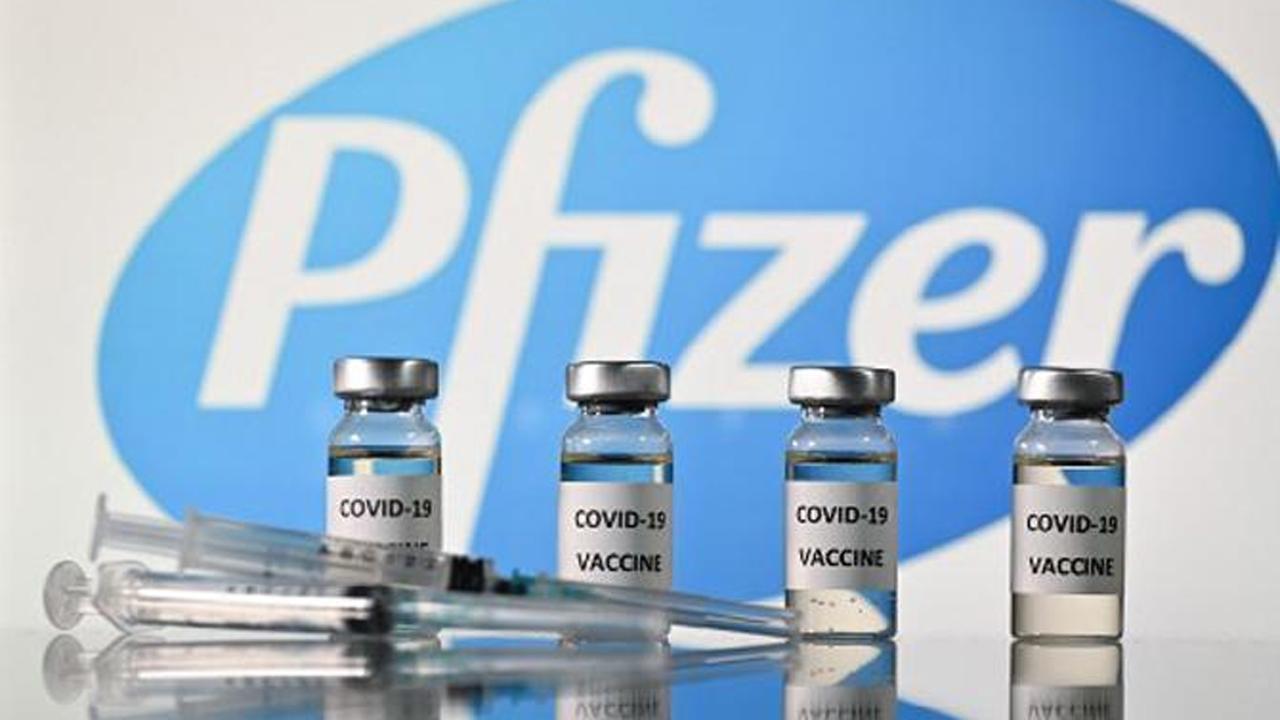The Com-Cov trial, led by researchers from the University of Oxford, looked at the efficacy of either two doses of Pfizer, two of AstraZeneca, or one of them followed by the other

This picture has been used for representational purpose
Also read: US declares USD 41 million to India as additional Covid-19 assistance
"Mixing doses could provide us with even greater flexibility for a booster programme, while also supporting countries who have further to go with their vaccine rollouts, and who may be experiencing supply difficulties," UK's deputy chief medical officer, Prof Jonathan Van-Tam, was quoted as saying by the BBC. Two doses are important to give the fullest protection and teach the body to make antibodies and T cells to block and kill Covid. Meanwhile, a pre-print study suggests that a third dose of AstraZeneca vaccine, given more than six months after the second, boosts the immune system, the BBC reported. But, there is currently no data to support that a Covid-19 vaccine booster shot is needed for the general population, according to the US Centers for Disease Control and Prevention. An extra dose may be needed for more-vulnerable groups, such as older adults or organ transplant patients.
This story has been sourced from a third party syndicated feed, agencies. Mid-day accepts no responsibility or liability for its dependability, trustworthiness, reliability and data of the text. Mid-day management/mid-day.com reserves the sole right to alter, delete or remove (without notice) the content in its absolute discretion for any reason whatsoever
 Subscribe today by clicking the link and stay updated with the latest news!" Click here!
Subscribe today by clicking the link and stay updated with the latest news!" Click here!











